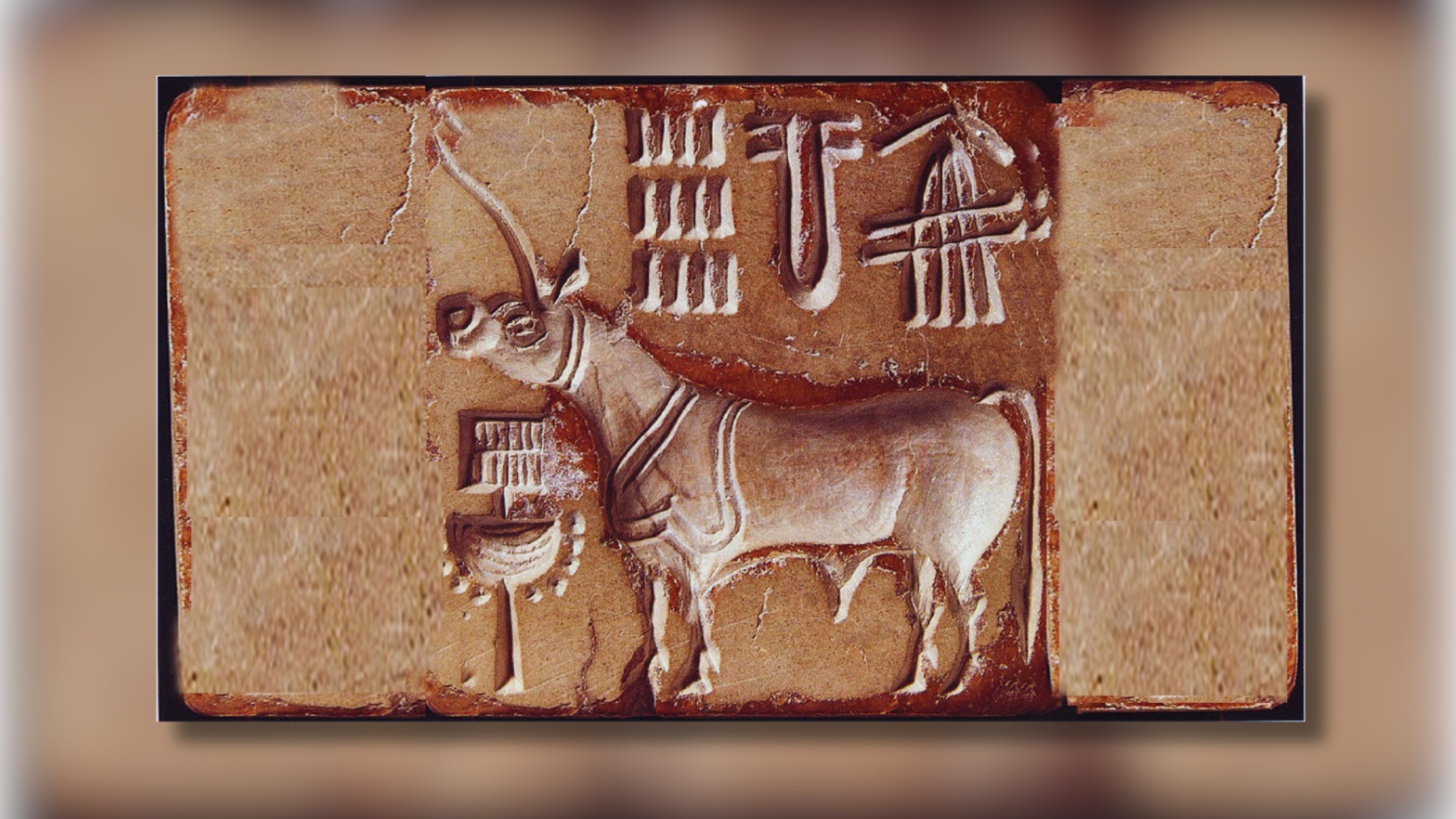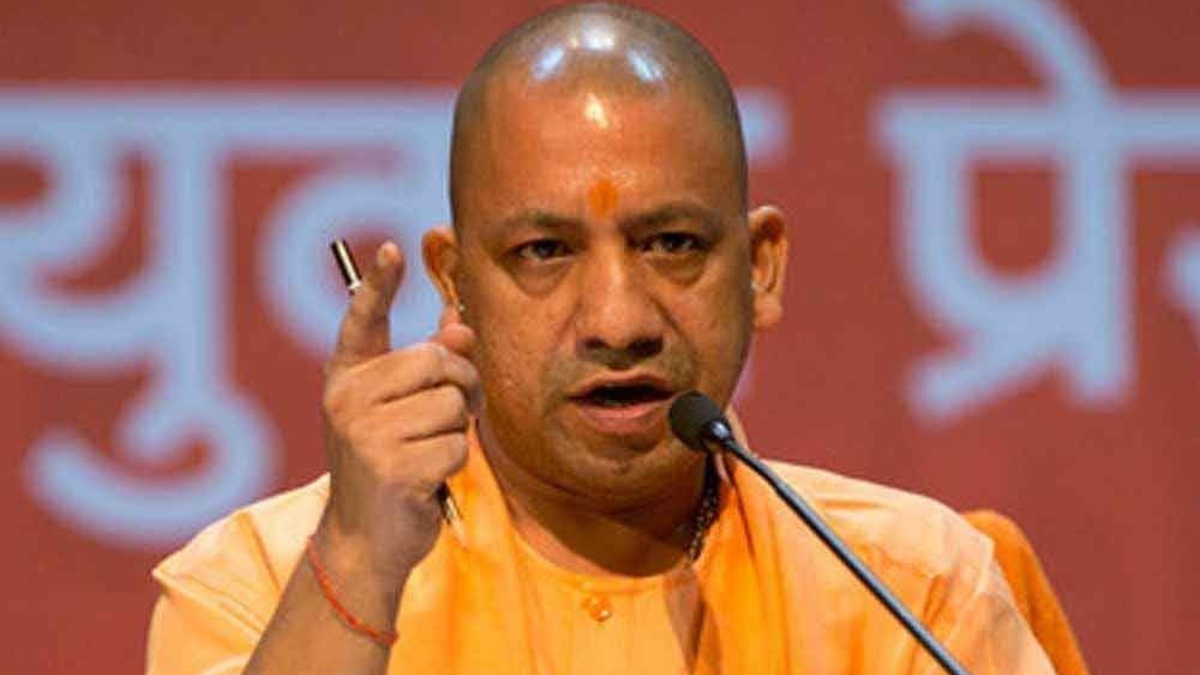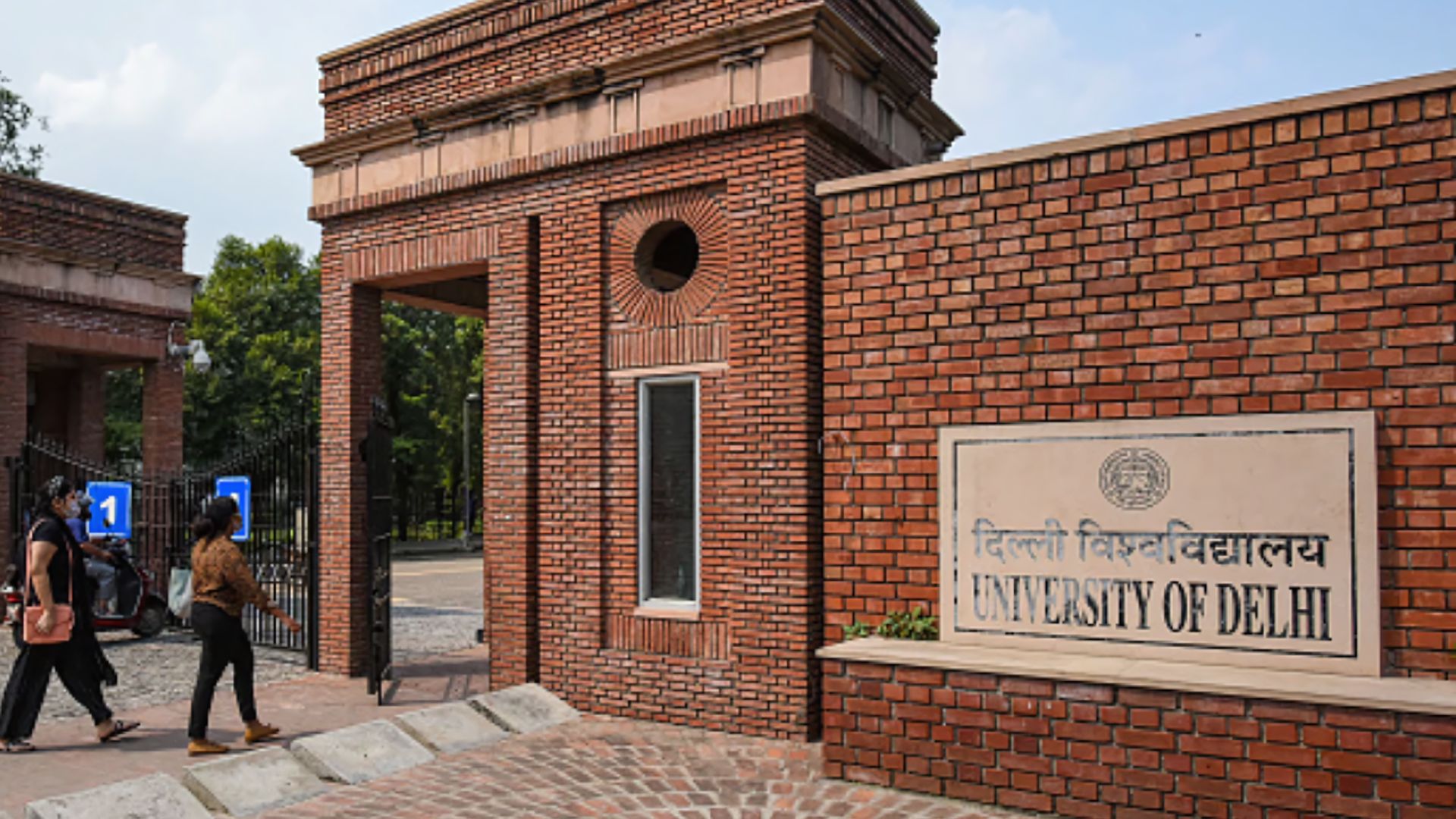


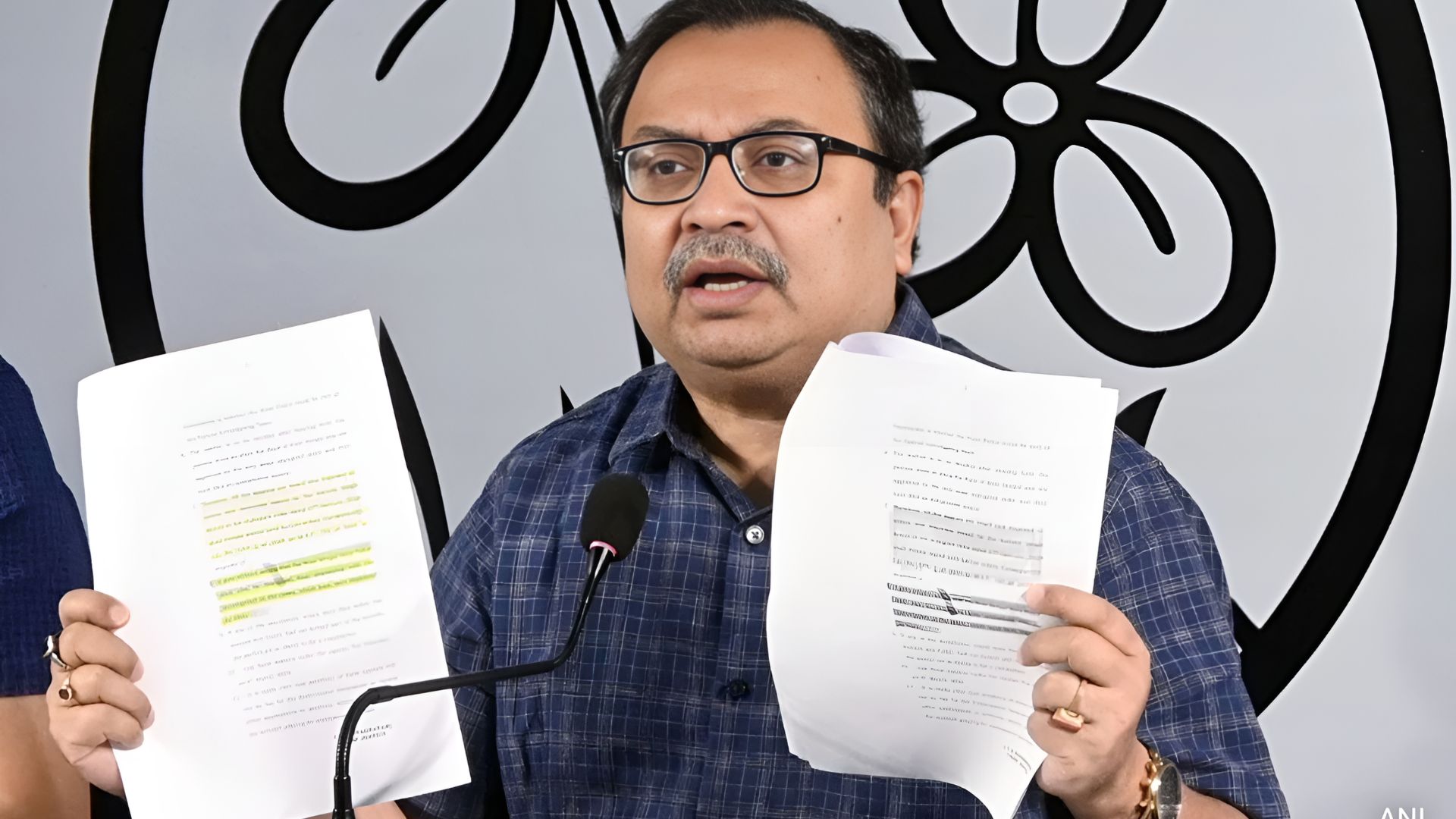


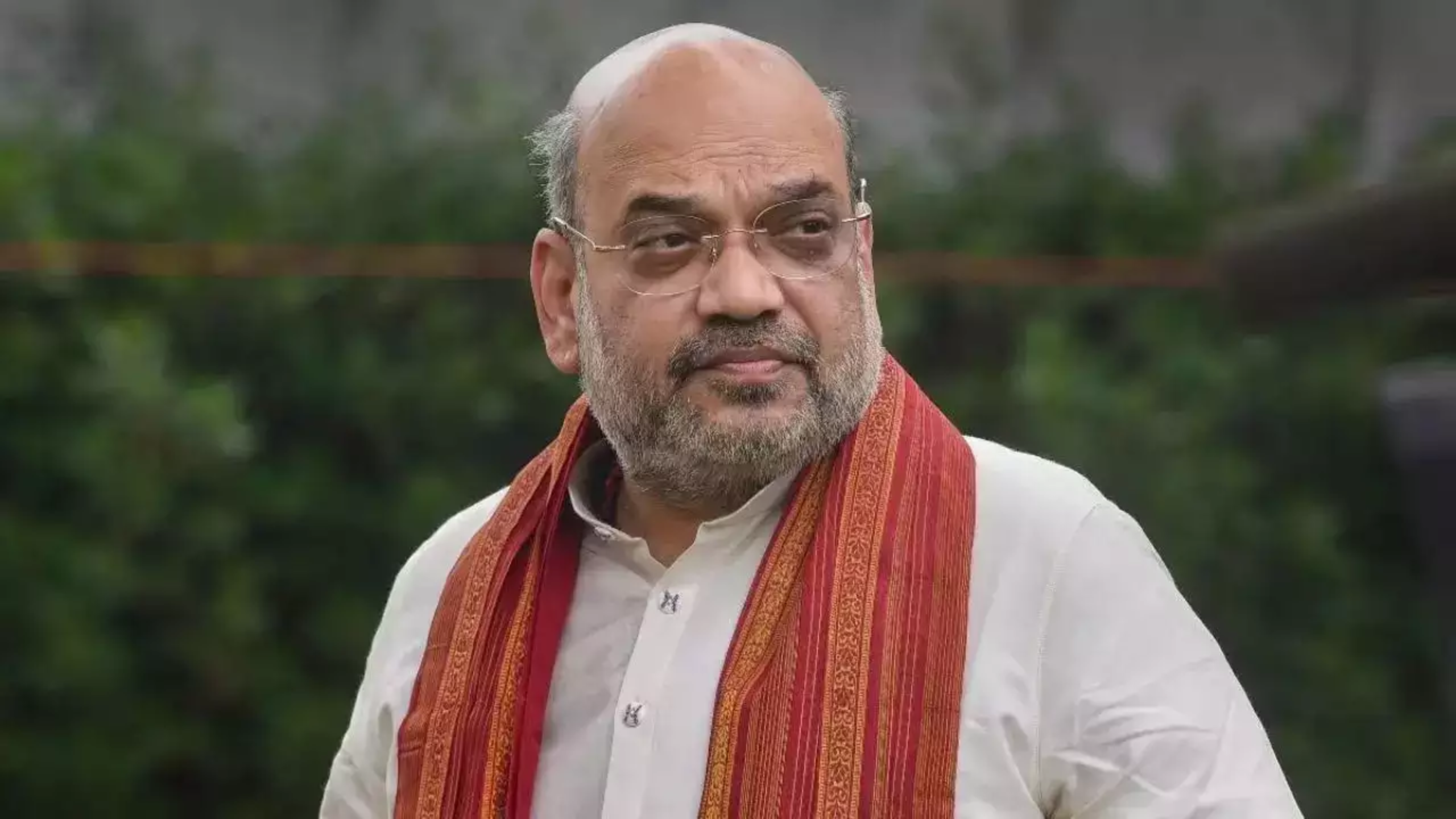
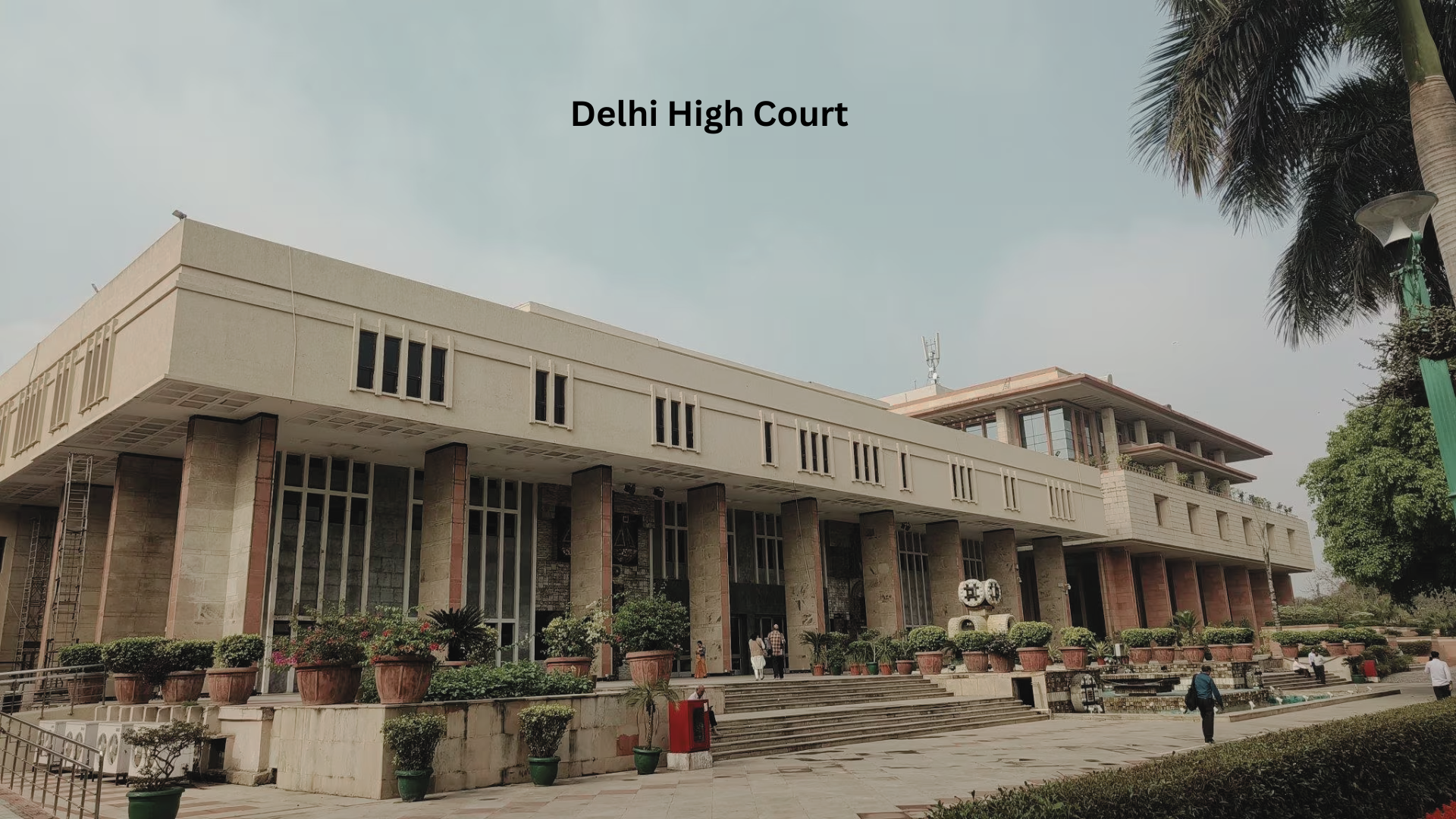
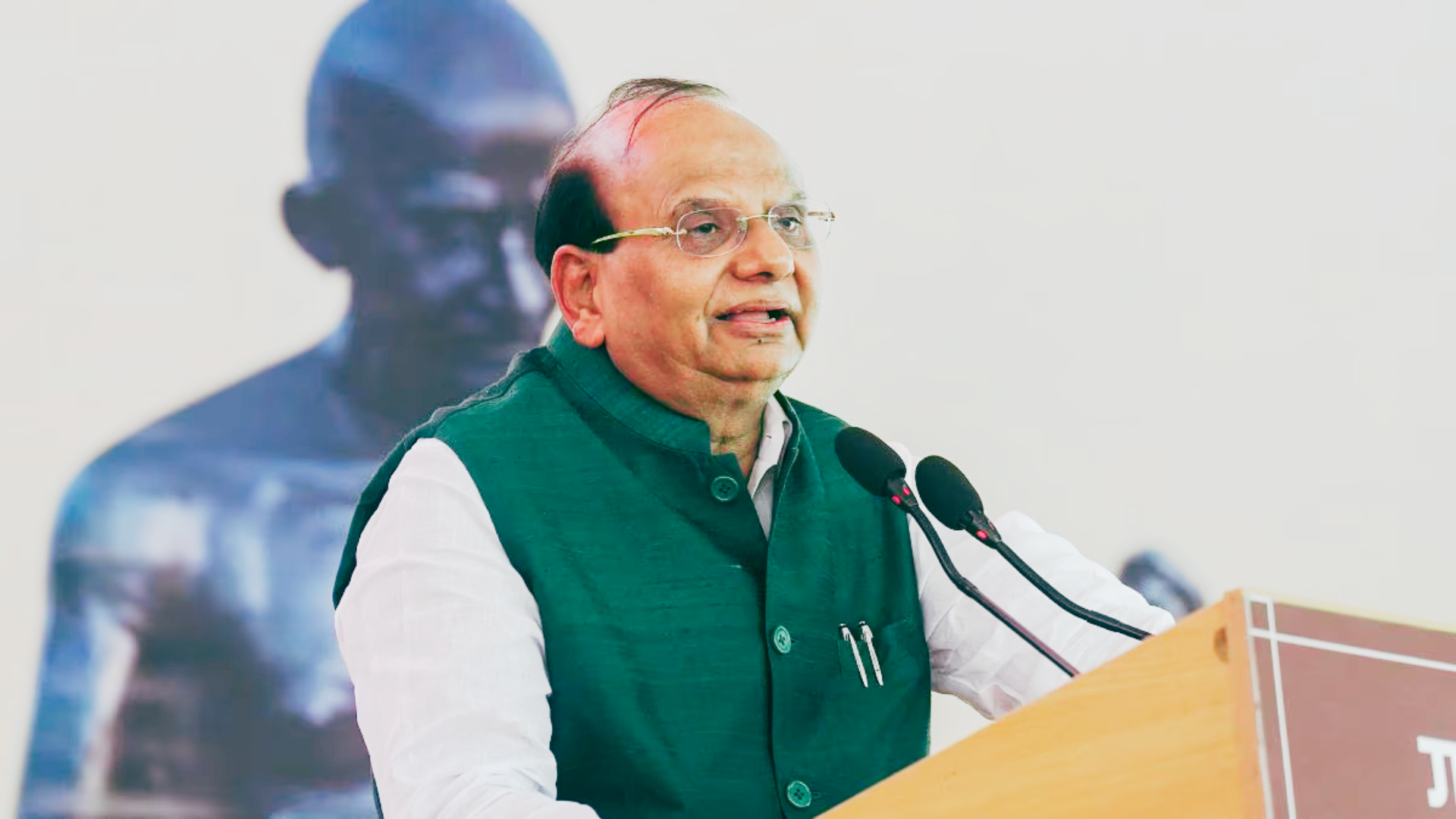
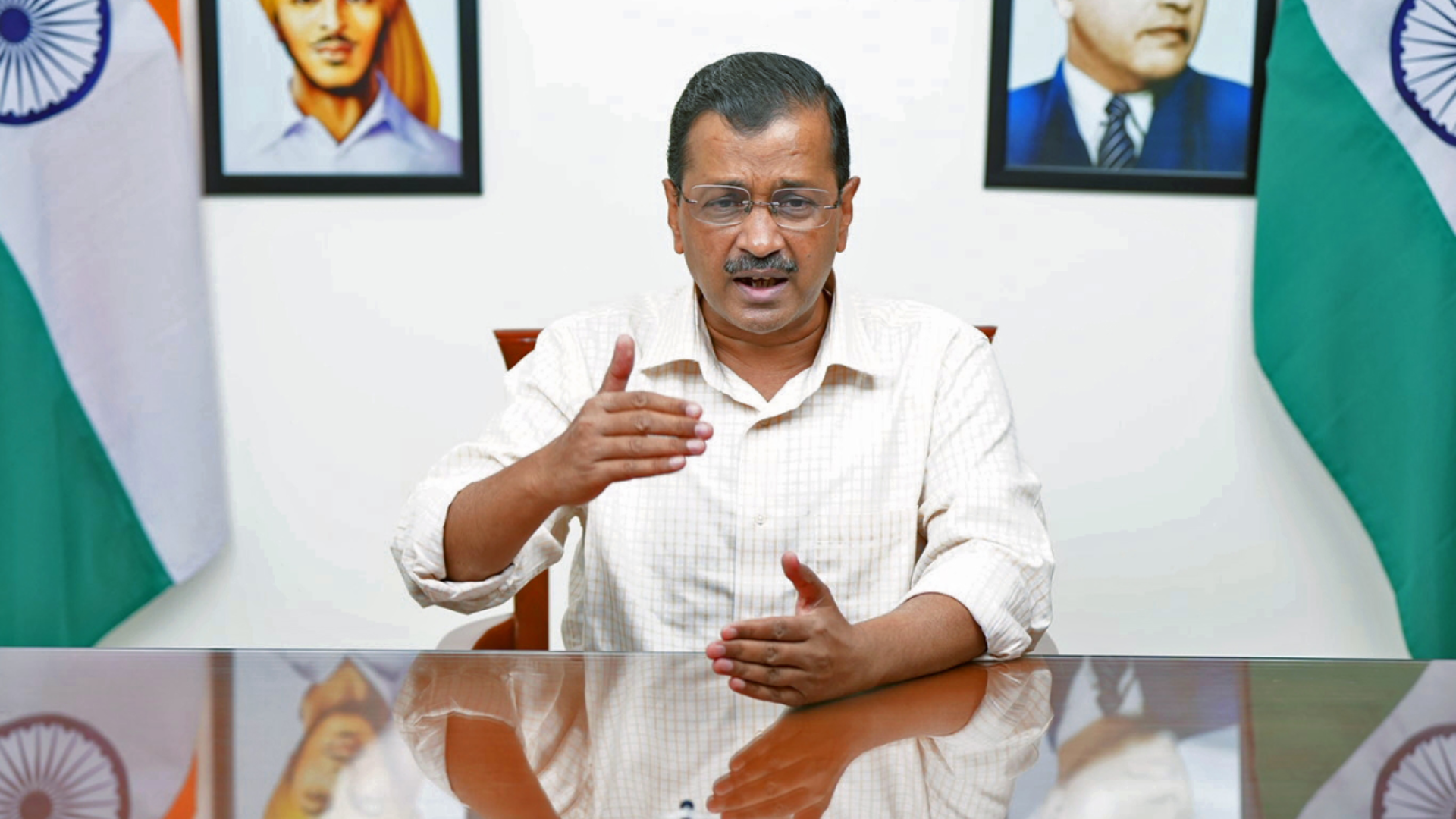
The Delhi High Court is set to deliver its verdict today on a petition filed by Chief Minister Arvind Kejriwal, challenging his arrest by the Enforcement Directorate (ED) in a money laundering case linked to an alleged liquor policy scam. The judgment will be pronounced by Justice Swarana Kanta Sharma at 2:30 pm.
Arvind Kejriwal, the leader of the Aam Aadmi Party (AAP), has vehemently denounced the corruption case against him as a political conspiracy. In addition to challenging his arrest, Kejriwal has also contested his custody by the ED. Following his arrest, he was subsequently remanded to judicial custody until April 15 and is currently held in Tihar jail.
During a hearing on April 3 in the high court, Kejriwal questioned the “timing” of his arrest. He argued that his arrest undermined the fundamental structure of the Constitution as it disrupted a level playing field in the upcoming Lok Sabha elections.
The ED, referring to Kejriwal as the “kingpin” in the alleged scam, opposed his petition and argued that the law applies equally to everyone, including a chief minister. The ED’s stance was that if an ordinary citizen commits a crime, they are liable for arrest, and being a chief minister should not exempt one from legal action. The ED further argued that Kejriwal’s claims about his arrest infringing on the basic structure were unfounded.
Kejriwal has consistently maintained his innocence, asserting that there is no concrete evidence linking him to the alleged scam. However, the ED has countered this, claiming to have traced the money trail in the case.
The Chief Minister was taken into custody by the central agency on March 21, following the high court’s refusal to grant him protection from coercive action. This led to strong criticism from the opposition parties. Subsequently, on April 1, Kejriwal was sent to jail for a two-week period after spending 11 days in ED custody.
The liquor policy under scrutiny was initially introduced to bring significant reforms to the liquor business in Delhi. However, it was eventually scrapped after Lieutenant Governor VK Saxena ordered an investigation into alleged irregularities. The ED alleges that the policy allowed for substantial profit margins, and funds obtained through bribes were allegedly used to finance AAP’s election campaigns.

